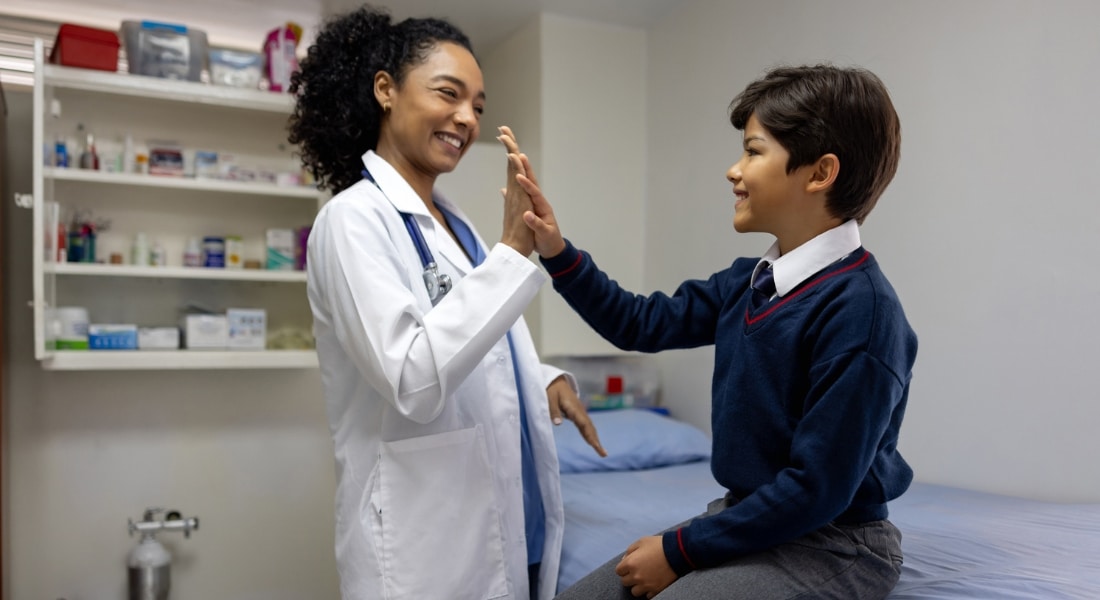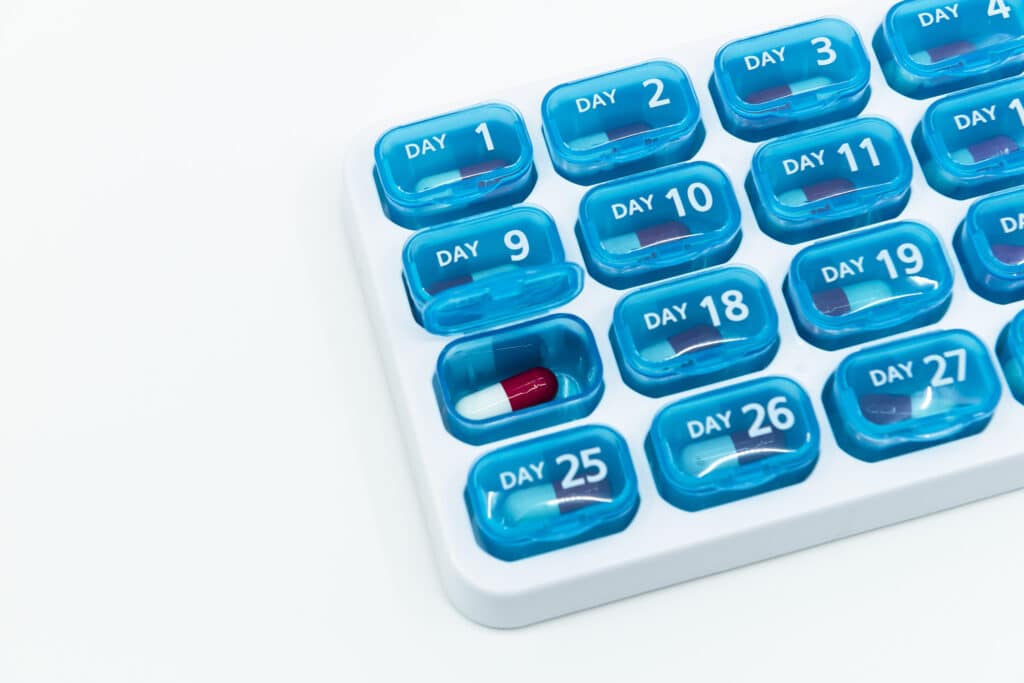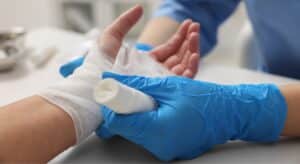With summer break over, parents are doing all they can to prepare their kids, and no back-to-school checklist is complete without a box of tissues and a lesson on good hygiene.
A refresher on handwashing and “stopping the spread” will get schoolchildren ready for cold, flu, and COVID-19 season far better than a trip to the vitamin aisle, says Kyle Oholendt, MD, internal medicine physician and pediatrician on the medical staff at Methodist Dallas Medical Center.
“One of the best ways to support children heading back to school would be to teach good infection control strategies,” he says. “They should learn to cover their mouth when they cough, and wash their hands if they cough into their hands.”
There are also updated vaccines to think about and getting enough sleep, especially for those tweens and teens who kept odd hours this summer. Dr. Oholendt shares a few tips for keeping the kids healthy throughout the fall and winter.

GOOD HAND HYGIENE
Handwashing is most important after using the restroom and before eating, Dr. Oholendt says. Start with simple reminders: Use soap and water and scrub your hands together for at least 20 seconds. Give younger kids a song like “Happy Birthday” to sing twice in order to reach that 20-second mark.
Another way to stop the spread of germs is to remind children to cover their coughs and sneezes. When a coughing fit hits, it’s best to cover your mouth with a facial tissue, throw that trash away, and wash your hands afterward. The same goes for sneezing, Dr. Oholendt says.
“They should sneeze into the crook of their elbow rather than out into the area around them,” he says. “All of these strategies will help minimize the likelihood that they pick up colds and flu viruses at school.”

VIRUSES AND VACCINES
There’s no doubt that COVID-19 and respiratory syncytial virus (RSV) will be back. It’s just a matter of when they will peak.
RSV usually causes mild, cold-like symptoms, but for young children and the elderly, it can become serious and lead to other health issues, like pneumonia. The pandemic created an “off-season” summertime peak that altered the virus’s typical schedule.
“Before the pandemic, RSV would typically begin in October, peak in December, and end in April,” Dr. Oholendt says. “Interestingly, during the pandemic that shifted and the RSV virus did not follow its usual timeline.”
Centers for Disease Control and Prevention (CDC) scientists expect RSV cases to return to pre-pandemic trends this fall, but we’ll have to wait to see whether that prediction comes to pass.
While there’s no RSV vaccine available for children (at least not yet), keeping them up to date on other vaccines is important. Parents may also want to get their kids a flu shot, as well as an updated COVID-19 vaccine when they become available this fall.
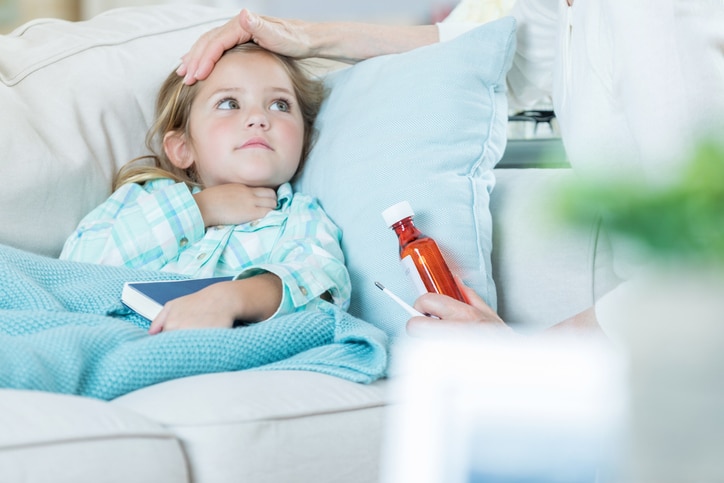
UNDERSTANDING ANTIBIOTICS
There is no surefire way to avoid illnesses altogether. When your child starts to feel unwell and needs to visit the doctor’s office, it’s important to remember how certain treatments and medications work.
Antibiotics are prescribed by physicians to fight bacterial illnesses, but Dr. Oholendt says most illnesses seen in the office are viral, like the common cold or other upper respiratory infections. And viruses can’t be killed by antibiotics.
“Antibiotics will either do nothing or cause a side effect to the child, including upset stomach, headache, rash, or diarrhea,” Dr. Oholendt says. “This is why pediatricians try to limit antibiotics when they aren’t necessary.”
Instead, pediatricians may prescribe antiviral medication or just allow time for the body to heal on its own.
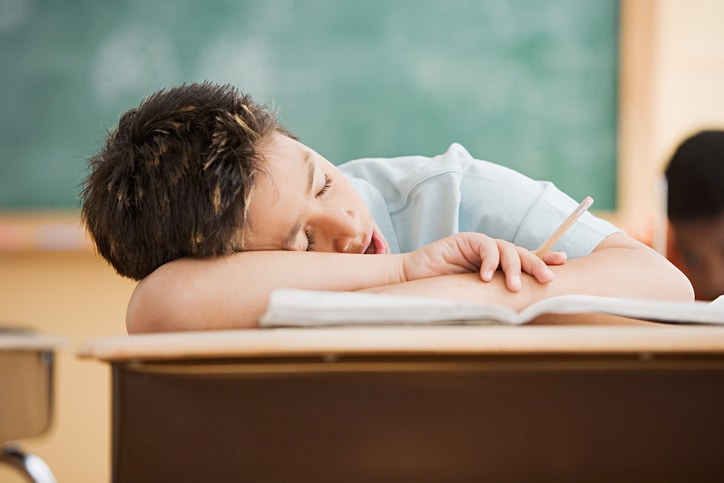
SLEEP WELL TO STAY WELL
Another way to help your kids stay in tip-top shape is prioritizing rest.
The right amount of sleep varies by age. School-age children should shoot for nine to 12 hours of sleep per night. For teenagers, eight to 10 hours should be adequate.
“I emphasize the importance of sleep to families at every well visit,” Dr. Oholendt says.
Parents and guardians can make sleep more appealing for children with a handful of intentional changes.
- During the day, find time to get everyone moving; bonus points if you exercise outside.
- For dinner and late-night snacks, avoid serving large meals and caffeine.
- Keep the children’s bedroom dark, cool, and free from electronics.
Sticking to the right bedtime routine can usher in a good night’s sleep.
“Getting adequate amounts of sleep is 100% important to good health for children and teens,” Dr. Oholendt says.

